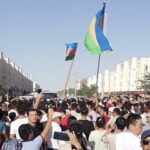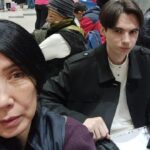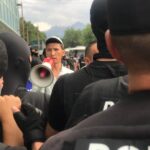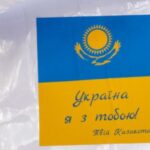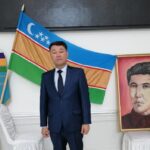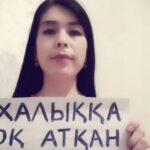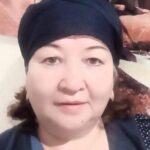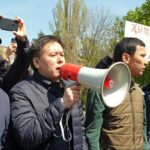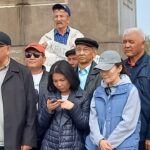A new
report based on monitoring conducted by Kazakhstan International Bureau for
Human Rights and Rule of Law, Nota Bene (Tajikistan) and Turkmen Initiative for
Human Rights (based in exile in Austria) provides an overview of human rights
developments in Kazakhstan, Tajikistan and Turkmenistan in early July-early
October 2014. The report addresses issues related to freedom of expression,
freedom of assembly and association, equality before the law and
non-discrimination, as well as access to justice. International Partnership for
Human Rights (Belgium) has assisted with compiling and editing the report, as
part of a joint project implemented by the four organizations.
These
are some of the major developments covered by the report:
Kazakhstan
-
Access to well-known news websites was
blocked after they provided coverage of what was believed to have been an
inter-ethnic brawl in southern Kazakhstan at the end of August. -
Lawyer and human rights defender Yevgeniy Tankov was sentenced to three years in prison
for waving a plastic fly swatter against a judge in the courtroom. -
Mortgage holders were detained, warned
and fined for peacefully calling for their interest payments to be written off,
while a journalist who filmed the dispersal of a peaceful protest was locked up
for 15 days. -
The publication on social media of a
poster showing Russian writer Alexander
Puskin and Kazakh composer Kurmangazy Sagyrbayuly kissing was followed not only by lawsuits against the
agency designing it, but also an anti-LGBT campaign, including an appeal to
adopt a law banning “propaganda of LGBT people.”
Tajikistan
-
Top Muslim clerics issued a
controversial fatwa that declared it a “great sin” to “agitate” against the
authorities or cooperate with organizations, political parties and media intent
on “destabilizing” society. -
In early October, hundreds of websites
were suddenly blocked, including social media and news sites. As usual, the
government’s Communications Service denied all responsibility for this. -
Online calls for holding an
anti-government protest in Dushanbe on 10 October put the authorities on their
heels: a full-scale rehearsal of a protest dispersal was held at the capital’s
main square and the exiled opposition group behind the calls was banned as
“extremist.” -
Lawyer
Shukhrat
Kudratov, who has represented an imprisoned opposition figure and spoken out on
the role of the authorities in this case, was arrested on
charges of bribing a judge.
Turkmenistan
-
While a new Agrarian political party was
founded, this did little to enhance true political pluralism as it happened
under close control by the president and the party head is a known loyalist of
his. -
A new, rare public protest took place in
Ashgabat when residents refused to let authorities go ahead with a campaign to remove air conditioners from
their houses in the midst of sweltering summer
heat. -
Authorities
continued to mass-mobilize citizens for lengthy, official festivities aimed at
demonstrating the glory of the nation and praising its leader, not sparing
those who were fasting during the Ramadan. -
Apparently because of a lack of
conscripts to send to the Turkmen-Afghan border, the government mulled plans to
force high school students to graduate before they had completed their studies
under the new 12-year program introduced last year.
The
full report is available here.



